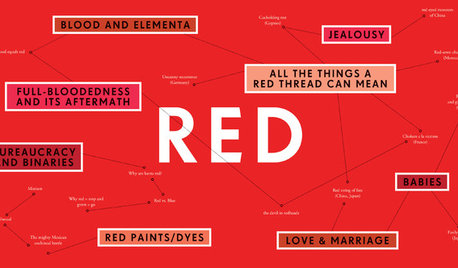As some of you may remember from some of my earlier posts, my Ex was diagnosed with Narcissistic Personality Disorder (NPD) some years ago. An abbreviated description (from Wikipedia) appears below:
"Narcissistic personality disorder (NPD), is defined as a mental illness primarily characterized by extreme focus on oneself,"
Diagnostic Criteria
At least five of the following are necessary for a diagnosis:
1) has a grandiose sense of self-importance
2) is preoccupied with fantasies of unlimited success, power, brilliance, beauty, or ideal love
3) believes that he or she is "special" and unique and can only be understood by other special people
4) requires excessive admiration
5) strong sense of entitlement
6) takes advantage of others to achieve his or her own ends
7) lacks empathy
8) is often envious or believes others are envious of him or her
9) arrogant behavior
Clinical Experience
Pathological narcissism occurs in a spectrum of severity [6]. In its more extreme forms, it is narcissistic personality disorder. NPD is considered to result from a person's belief that he or she is flawed in a way that makes the person fundamentally unacceptable to others [7]. This belief is held below the persons conscious awareness; such a person would typically deny thinking such a thing, if questioned. In order to protect themselves against the intolerably painful rejection and isolation that (they imagine) would follow if others recognised their supposedly defective nature, such people make strong attempts to control others view of them and behaviour towards them.
To the extent that people are pathologically narcissistic, they can be controlling, blaming, self-absorbed, intolerant of others views, unaware of others' needs and of the effects of their behavior on others, and insistent that others see them as they wish to be seen [4]. They may also demand certain behavior from their children because they see the children as extensions of themselves, and need the children to represent them in the world in ways that meet the parents emotional needs [8]. (For example, a narcissistic father who was a lawyer demanded that his son, who had always been treated as the "favorite" in the family, enter the legal profession as well. When the son chose another career, the father rejected and disparaged him.)
These traits will lead overly narcissistic parents to be very intrusive in some ways, and entirely neglectful in others. The children are punished if they do not respond adequately to the parents needs. This punishment may take a variety of forms, including physical abuse, angry outbursts, blame, attempts to instill guilt, emotional withdrawal, and criticism. Whatever form it takes, the purpose of the punishment is to enforce compliance with the parents' narcissistic needs[8].
=========================================================
My Ex has 7 of the 9 core diagnostic criterea and fits the background and behavior pattern perfectly. The therapist who diagnosed him did not express any doubt and said his NPD was moderate to severe. While he never got physically abusive, he was regularly pychologically and verbally abusive to me and totally incapable of empathy. I'm providing the description mainly to clarify that it's a genuine mental illness, not episodes of "extreme jerkdom" as I had assumed through much of my marriage.
Anyway, we have been divorced for about 14 years, and have both remarried. In all honesty, I was very angry and 'damaged' for about 10 years after my marriage, but am psychologically pretty much 'over it' now, and understand Ex's behavior was simply what it had to be for him to survive -- it wasn't personal, and wasn't even deliberately cruel. He was, and is, simply 'damaged goods'.
OK - So to my question. How much of this information, if any, should I pass along to my son, who is now 16? He's a bright, good-looking kid, AP classes, no drugs -- in most ways, a credit to any parent -- which has spared him much potential wrath from Ex. But whenever he does do something to disappoint his father, the consequences are severe and 'withering'. (Ex's weapon of choice is scorn and contempt.) He has had DS shaking and in tears more than once over relatively minor infractions, yet utterly glossed over a few of what I consider to be much more serious incidents. (I'm concerned more about shaping good character and honest effort; Ex is more concerned with visible achievements.)
Anyway -- Should I tell DS about his father's diagnosis? And if so, how much information, and when?













sylviatexas1
sweebyOriginal Author
Related Discussions
Teen son with much older woman
Q
problems with teenage son
Q
Teenage Son - Good Kid, but Signs of Trouble
Q
Start Now! (Advice from a Mom of a Teenage Son)
Q
theotherside
sweebyOriginal Author
sylviatexas1
sweebyOriginal Author
june0000
sweebyOriginal Author
sylviatexas1
sylviatexas1
jeri